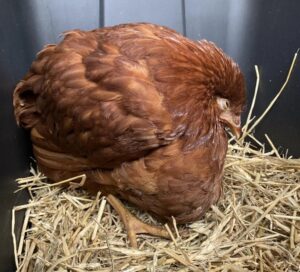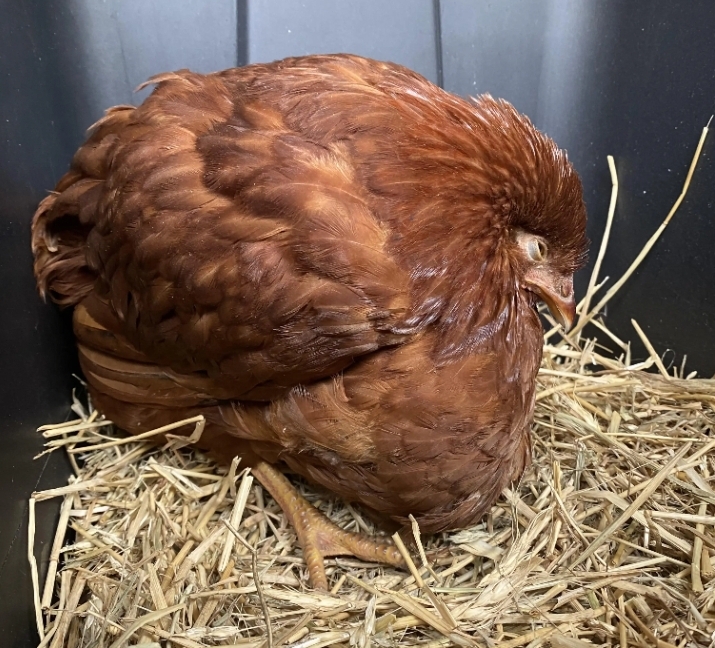Poultry farming in Kenya is playing an important role in the total economy and fulfilling the nutrition demand in Kenya. Reports shows that some people are becoming billionaires by commercial poultry farming in Kenya.

Most of the farmers of Kenya raise egg laying or broiler chicken. Raising some other domestic birds can also be seen in Kenya.
The most prevalent animal in Kenya is chicken. Small numbers rear other types of birds. Some farmers specialise on rearing chickens for meat only (broilers), while others focus on egg production (layers); and yet others specialise in rearing the Kienyeji type (indigenous chickens where both cocks and hens live together).
Before starting your farm, research the local market demand for poultry products and the costs of production. This will help you determine the size and type of operation that is most viable for your area. Conduct a market research to understand the local demand for poultry products such as eggs and meat, as well as the prices of these products. Additionally, research the costs of production such as feed, labor, housing, and equipment. This will help you determine the scale of operation that will yield the best returns on investment.
According to research by a team of scientists from Egerton University on Small-Scale Family Poultry Production Indigenous Chicken Production in Kenya, despite increasing demand for indigenous chicken products by local consumers, their low productivity, attributed to high disease incidences, inadequate nutrition, low genetic ability, and poor marketing channels, reduce their contribution to rural development
In most cases, poultry diseases are an important problem for poultry farmers. Although farmers are familiar with the signs and symptoms of disease, the underlying causes are less well known. Almost every farmer and most extension workers hold Newcastle Disease (NCD) responsible for most deaths, and the disease has a local name in all languages.
In common terms, a disease is an abnormal condition that is caused by infection, basic weaknesses, or environmental stress. A disease is defined by a specific group of signs or symptoms. Diseases prevent affected animals from functioning normally.
Health is the overall condition of an animal at a given time. Disease causes this condition to weaken. This can result in poor productivity and reduced quality of the affected animals. It could even lead to the death/loss of one or all of the birds in a flock.
Diseases can be categorized by common causes, such as genetic, mechanical, toxic, and nutritional. Infectious diseases are caused by viruses, bacteria, and fungi. Parasitic diseases are caused by protozoa, worms, and external parasites such as mites and lice. READ FULL STORY HERE>>>CLICK HERE TO CONTINUE READING>>>
In between bird stock clearance and restocking your chickens, you will have to be concerned about and prevent these four diseases at the farm.
Fowlpox
Fowlpox is a serious disease with the potential to kill the birds, but most of the time it causes weight loss, stunted growth, and reduced egg production. The chickens also experience depression. Symptoms also include comb eruption and wattle nose.
For maximum production and rewards, poultry must be kept healthy.
Common diseases known to affect poultry as listed by nafis.go.ke in Kenya eg
New Castle Disease
It is caused by a highly contagious virus that infects the respiratory and nervous system. In both chicks and old birds’ mortality varies from zero to 100 percent depending on the virulence of the organism.The disease is spread to chicken by direct contact with droppings or discharges from infected birds.
It affects all poultry including chicken, ducks, turkeys, pigeons but chicken are the most affected.
To keep your chicken healthy and content, you should follow the directions to change the water after four days and add fresh aloe vera and paprika. In terms of frequency, coccidiosis is the most common condition for which aloe and pepper are recommended preventative measures. Plus, it will help them build up a strong immune system and lay more nutritious eggs. Do it; you’ll be glad you did. Please come back for more; I appreciate your time.
Aloe vera is one plant every poultry farmer must have in the garden. This herb is rich in vitamins, minerals and enzymes that promotes overall good health in chickens.


 SPORTS4 months ago
SPORTS4 months ago
 IN-THE-NEWS5 months ago
IN-THE-NEWS5 months ago
 SPORTS5 months ago
SPORTS5 months ago
 METRO3 months ago
METRO3 months ago
 HEALTH & LIFESTYLE4 months ago
HEALTH & LIFESTYLE4 months ago
 METRO5 months ago
METRO5 months ago
 SPORTS5 months ago
SPORTS5 months ago
 METRO2 months ago
METRO2 months ago



